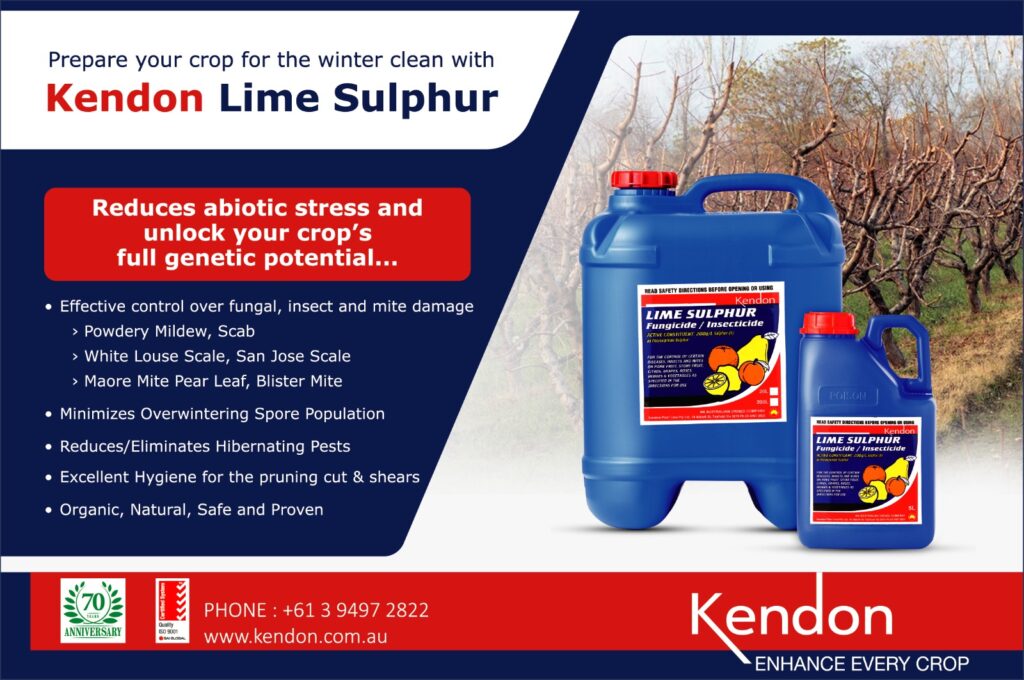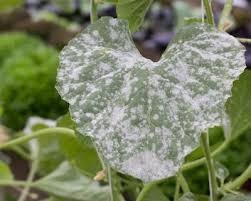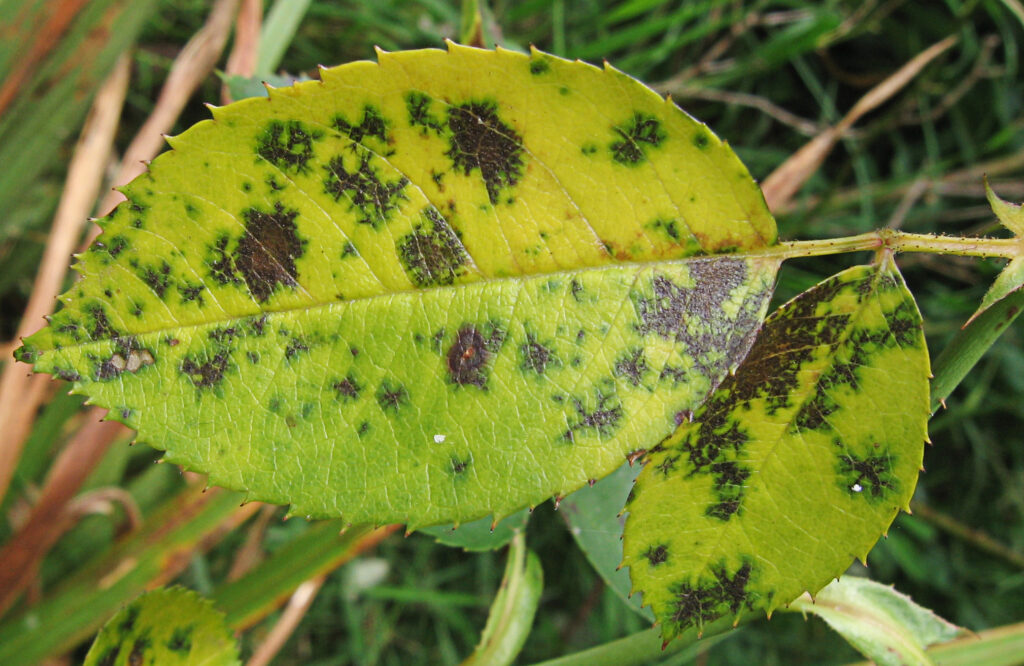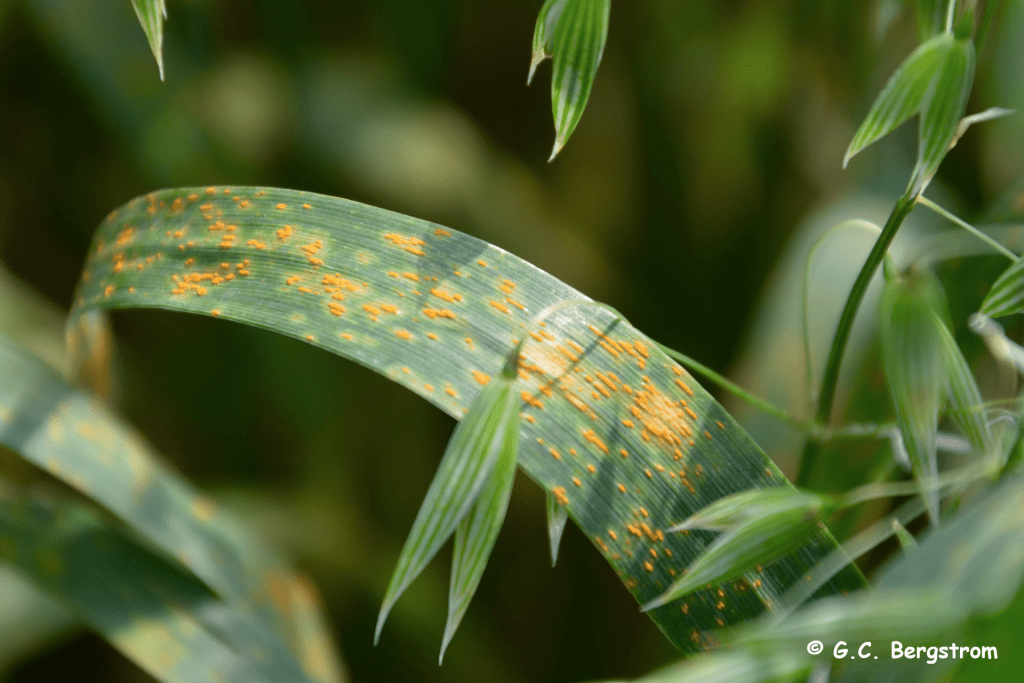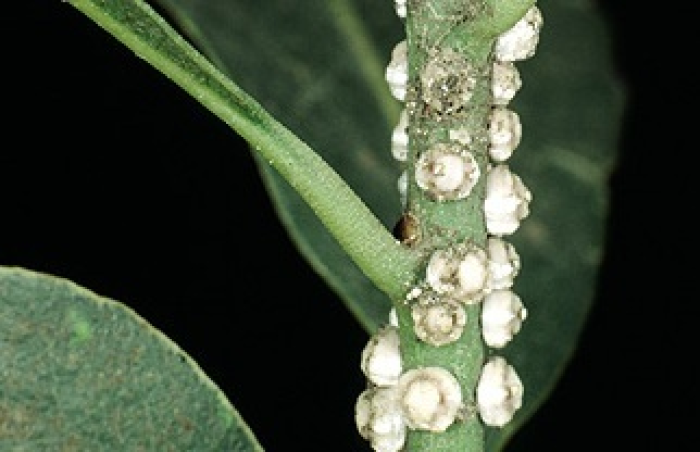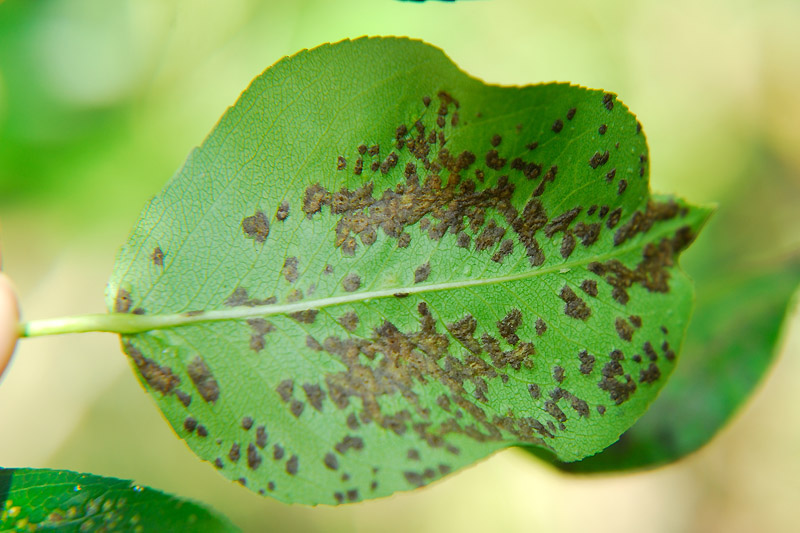Lime Sulphur is a vital resource for Australian horticulturists, seamlessly merging historical effectiveness with modern needs. This tried-and-true product helps alleviate abiotic stress and maximizes a crop’s genetic potential. Created by boiling Lime and Sulphur to produce Calcium Polysulfides, it has been a favored solution among orchardists and gardeners for years. What distinguishes Lime Sulphur? In this blog, we delve into its benefits, its essential role in horticulture, and its effectiveness in addressing common agricultural issues.
The Basics of Lime Sulphur
Lime Sulphur is primarily used as a fungicide and insecticide. It appears as a yellowish liquid with a strong odour, reminiscent of rotten eggs. When diluted and applied to plants, it can help manage a variety of fungal diseases and pests. The key to its efficacy lies in its ability to disrupt the cellular function of fungi and insects, leading to their demise.
In Australian horticulture, Lime Sulphur plays a crucial role due to the country’s diverse climates and unique pest challenges. From combating powdery mildew in humid regions to managing pests like citrus red mite and grapevine scale, its broad-spectrum effectiveness ensures healthy crop yields. Moreover, as growers embrace organic practices, Lime Sulphur’s organic certification and eco-friendly profile make it an ideal choice, aligning with global trends towards sustainable agriculture.
Benefits of Lime Sulphur
- Effective Fungicide: Lime Sulphur is renowned for its ability to control many fungal diseases which may lead to significant yield losses.
- Powdery Mildew: This common fungal disease affects a wide variety of plants, including grapes, apples, and cucurbits. Lime Sulphur disrupts the cell walls of the fungi, preventing them from establishing and spreading.
- Black Spot: Particularly problematic for rose growers, black spot can defoliate plants and reduce their vigor. Regular application of Lime Sulphur helps keep this disease in check.
- Rust: Affecting cereals, grasses, and ornamentals, rust diseases cause orange or brown pustules on leaves. Lime Sulphur helps control rust by killing the fungal spores on contact.
- Insecticide Properties: Beyond fungi, Lime Sulphur also targets pests like scale insects and mites. These pests can cause extensive damage to plants and make them more susceptible to diseases.
- Scale Insects: These sap-sucking insects weaken plants and excrete honeydew, leading to sooty mould growth. Lime Sulphur works by penetrating the protective shells of scale insects and killing them.
- Mites: Mites can cause significant damage to plants by feeding on their sap and causing stippling, discoloration, and leaf drop. Lime Sulphur acts as a miticide, controlling these pests and preventing their spread.
- Dormant Spray: During the dormant season, many pests and diseases overwinter on plants, waiting for favorable conditions to become active again. Lime Sulphur’s application as a dormant spray is particularly effective in breaking this cycle.
- Eradicating Overwintering Spores: By applying Lime Sulphur during the dormant period, growers can kill fungal spores that would otherwise cause infections in the growing season.
- Eliminating Hibernating Pests: Lime Sulphur also targets pests that overwinter on plants, such as scale insects and mites, reducing their populations before they become active.
- Organic Gardening: For growers interested in organic farming, Lime Sulphur is an attractive option. It is an approved substance in organic agriculture due to its natural components, making it an environmentally friendly alternative to synthetic chemicals.
- Compatible with Integrated Pest Management (IPM) – Lime Sulphur is an excellent component of Integrated Pest Management (IPM) programs. IPM combines biological, cultural, physical, and chemical tools to manage pests and diseases sustainably. Lime Sulphur fits into this framework as a low-toxicity chemical option that can be used in conjunction with other IPM strategies, such as the introduction of beneficial insects and crop rotation.
- Cost-Effective: Compared to other fungicides and insecticides, Lime Sulphur is relatively inexpensive. Its dual action as both a fungicide and insecticide further enhance its cost-effectiveness, reducing the need for multiple products.
- Easy to Apply: Lime Sulphur can be easily mixed with water and applied using standard spraying equipment. Its application does not require advanced technical skills, making it accessible for both small-scale gardeners and large-scale farmers.
Application Guidelines and Safety
- Proper Dilution and Timing – For effective results, Lime Sulphur must be properly diluted according to the given instructions. Over-application can harm plants, while under-application may not provide adequate control. Timing is also crucial:
- Dormant Season: Apply Lime Sulphur during the dormant season to target overwintering pests and diseases.
- Growing Season: Use Lime Sulphur sparingly during the growing season, as it can cause phytotoxicity (plant damage) if applied in high temperatures or to sensitive plants.
- Safety Precautions -While Lime Sulphur is considered safe for use in organic farming, it is still a chemical and should be handled with care:
- Protective Gear: Always wear protective clothing, gloves and goggles when handling and applying Lime Sulphur to prevent skin and eye irritation.
- Proper Storage: Store Lime Sulphur in a cool, dry place away from children and pets. Ensure containers are tightly sealed to prevent spills and evaporation.
- Environmental Considerations: Avoid applying Lime Sulphur near water bodies to prevent contamination. Ensure that runoff does not enter streams or rivers.
Conclusion
Lime Sulphur remains a vital tool for Australian horticulturalists, offering a versatile and effective solution for managing a wide range of fungal diseases and pests. Its benefits, from being a cost-effective and easy-to-apply product to its role in organic and sustainable farming, make it an indispensable component of modern horticultural practices. By understanding its application and adhering to safety guidelines, growers can harness the full potential of Lime Sulphur, ensuring healthy and productive crops year after year.
As the demand for sustainable and organic produce continues to grow, Lime Sulphur’s importance in the horticultural industry is set to increase. By integrating this time-tested solution into their pest and disease management strategies, Australian growers can maintain the health and vitality of their crops, contributing to a robust and sustainable agricultural future.
Kendon provides a high quality Lime Sulphur that is used by many in the horticultural industry, for both large and small applications. Kendon Lime Sulphur has been a consistently reliable product for generations.
Ask your trusted supplier for Kendon Lime Sulphur. Available in sizes 500ml, 5L, 20L, 200L and 1000L.
